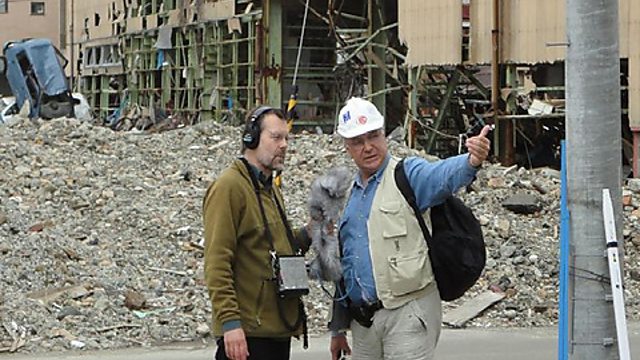Forecasting Earthquakes
Increasing numbers of seismologists say that hopes of forecasting earthquakes may be doomed, because the earth is too complicated.
Earthquakes can't be predicted. But millions of dollars are spent trying to forecast them - warning the public which regions are dangerous, what the chances are of a quake in the next number of years and how strong the shaking might be. But following the failures of the Japanese system to identify the danger on the north-east coast, struck by a giant
tsunami in 2011, many experts are saying that the dream of hazard assessment is an illusion. We may never know enough about the mechanisms of the Earth to reliably foresee deadly shaking.
Others maintain it's a matter of knowledge - the more geologists can learn about the history of earthquakes, about the mechanics of plate tectonics, the better society can prepare for when the ground begins to shake.
Well over half a million have died in earthquakes and their resulting tsunamis in the past decade, so the issue is critical.
Roland Pease, who reported from Japan in the aftermath of the 2011 earthquake and tsunami, speaks to experts on both sides of the argument to find out how deep the crisis is - and what might be done about it.
Last on
Broadcasts
- Mon 22 Jul 2013 18:32GMTΒι¶ΉΤΌΕΔ World Service Online
- Tue 23 Jul 2013 01:32GMTΒι¶ΉΤΌΕΔ World Service Online
- Tue 23 Jul 2013 08:32GMTΒι¶ΉΤΌΕΔ World Service Online
- Sat 27 Jul 2013 09:32GMTΒι¶ΉΤΌΕΔ World Service Online
- Sun 28 Jul 2013 23:32GMTΒι¶ΉΤΌΕΔ World Service Online
Space
The eclipses, spacecraft and astronauts changing our view of the Universe
The Curious Cases of Rutherford and Fry
Podcast
-
![]()
Discovery
Explorations in the world of science.



